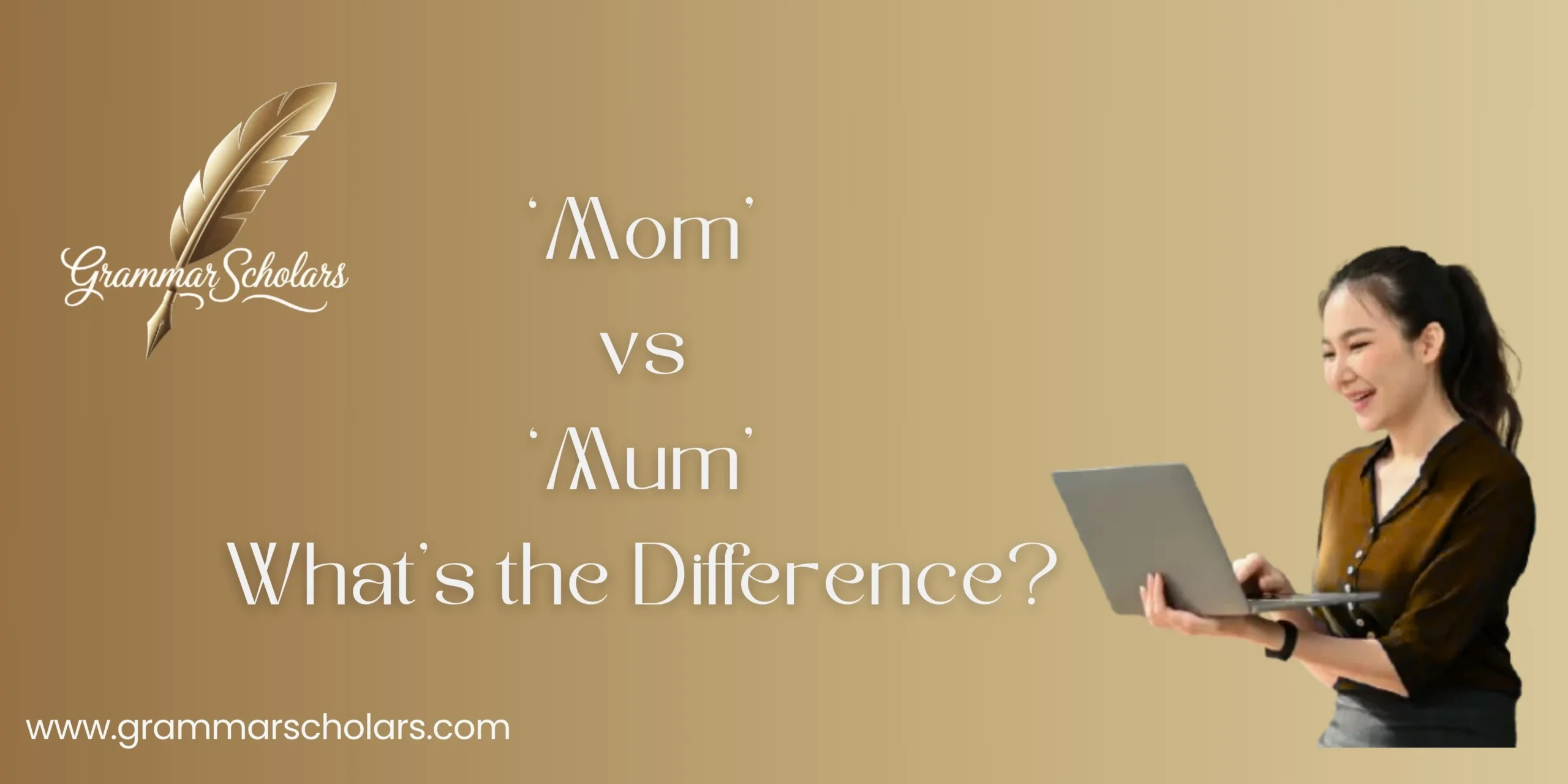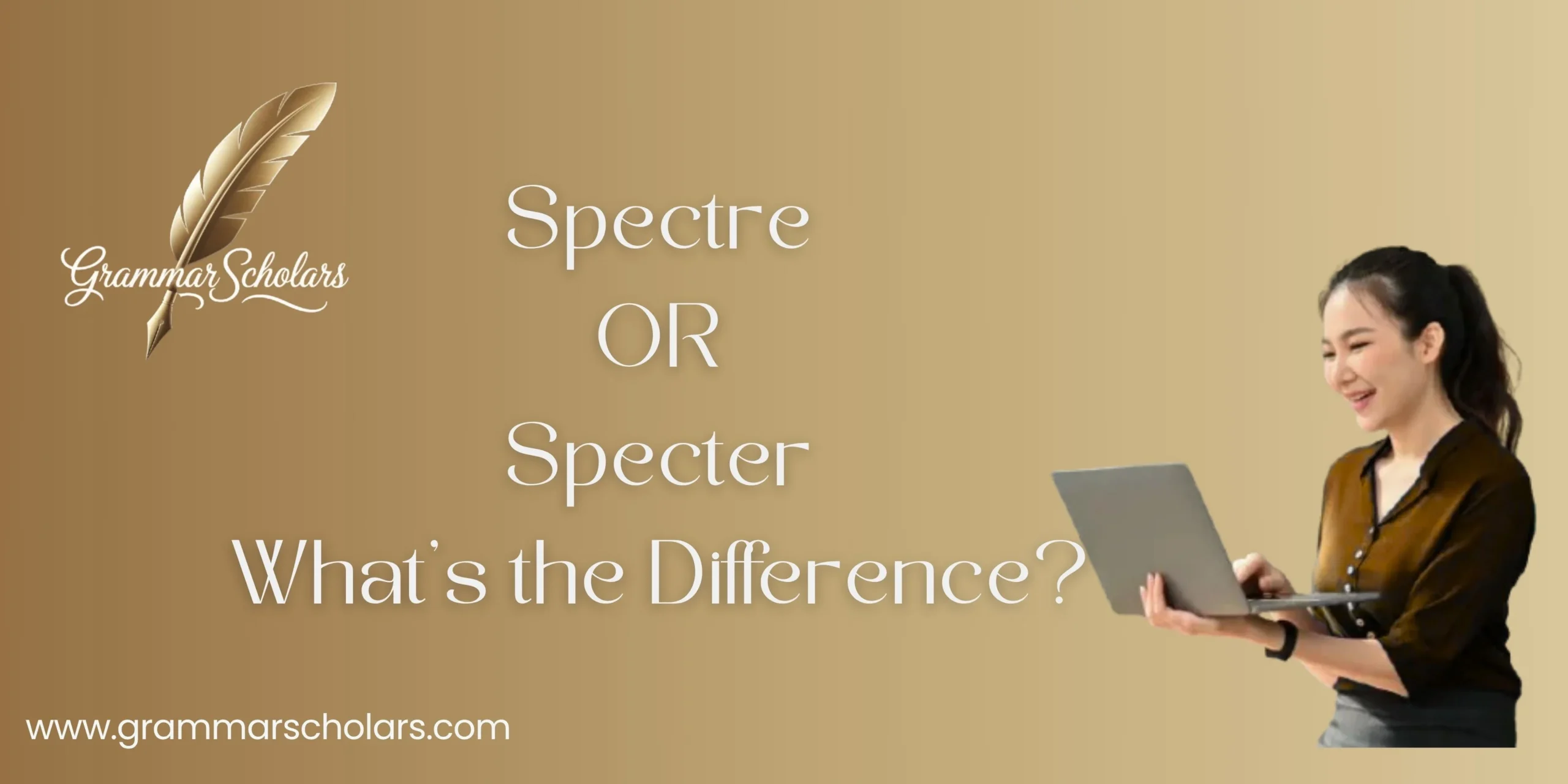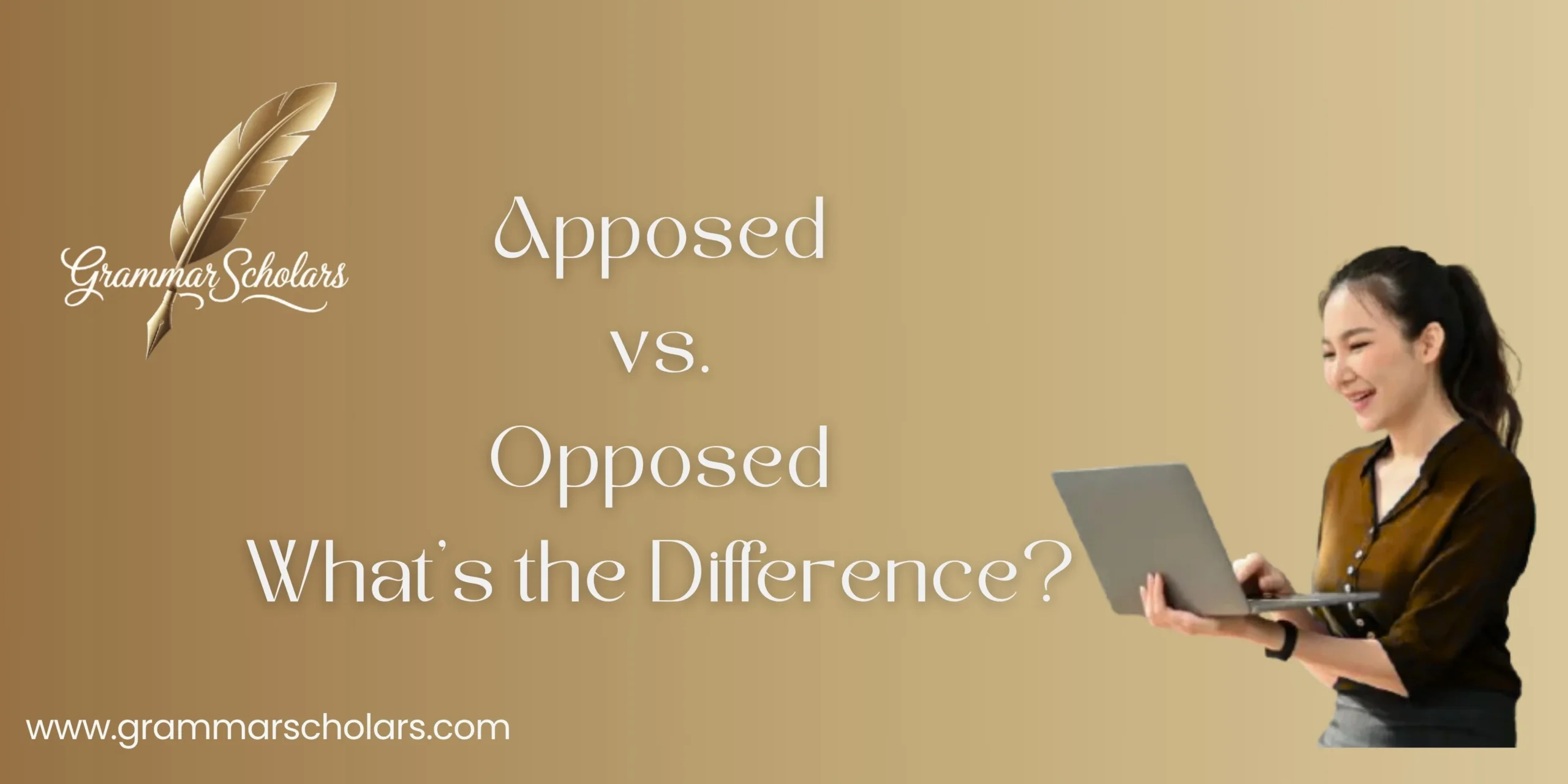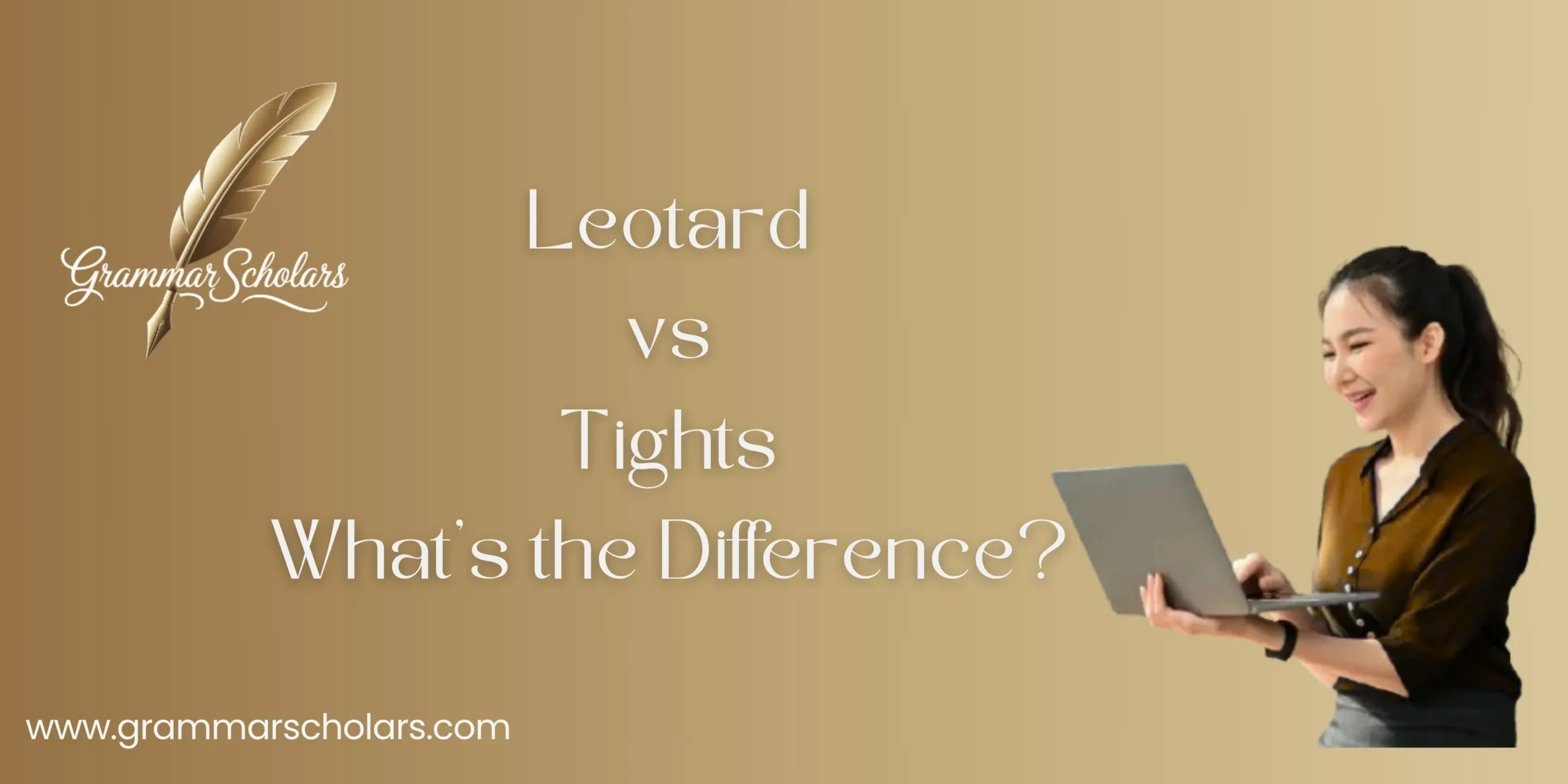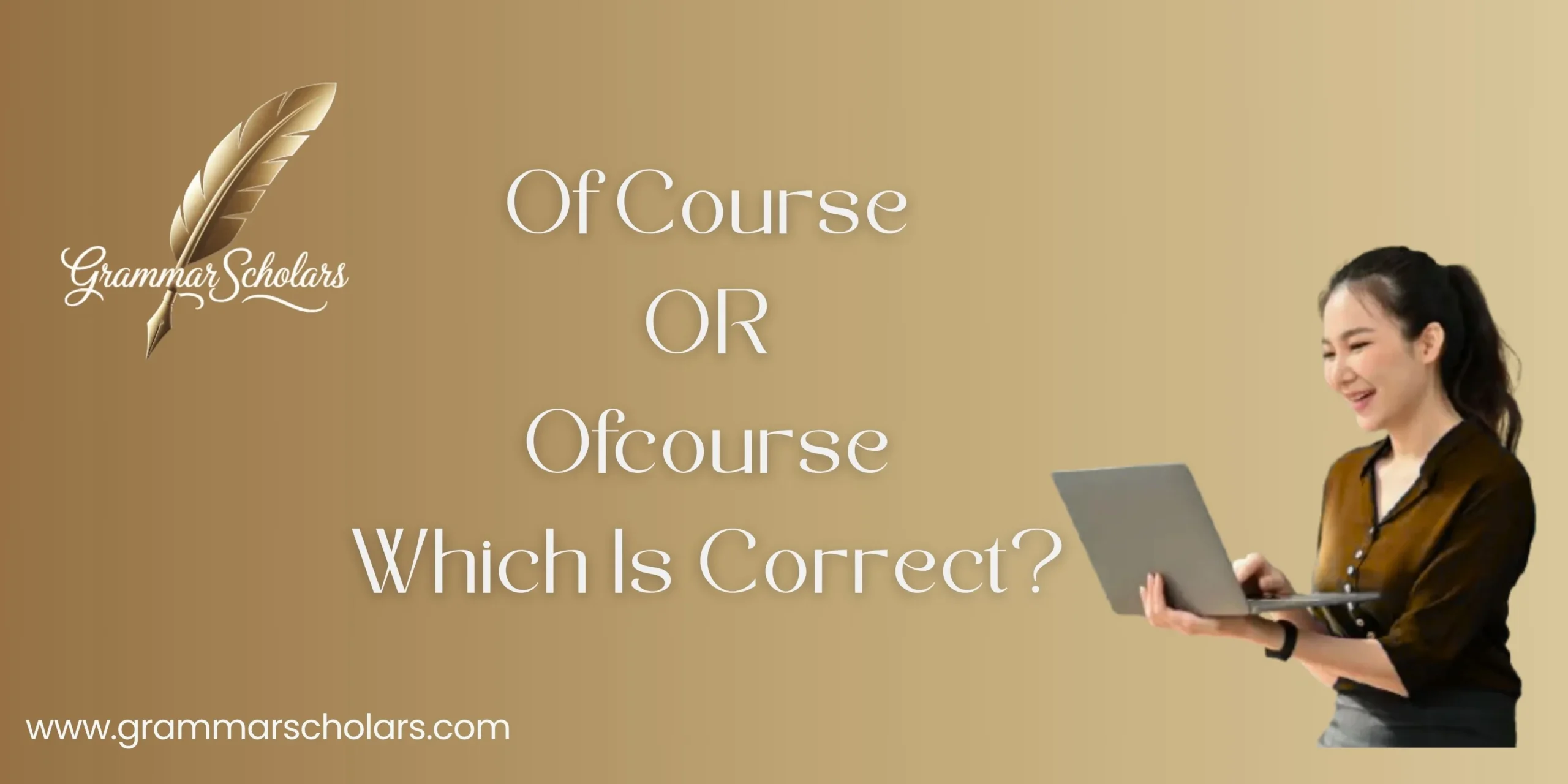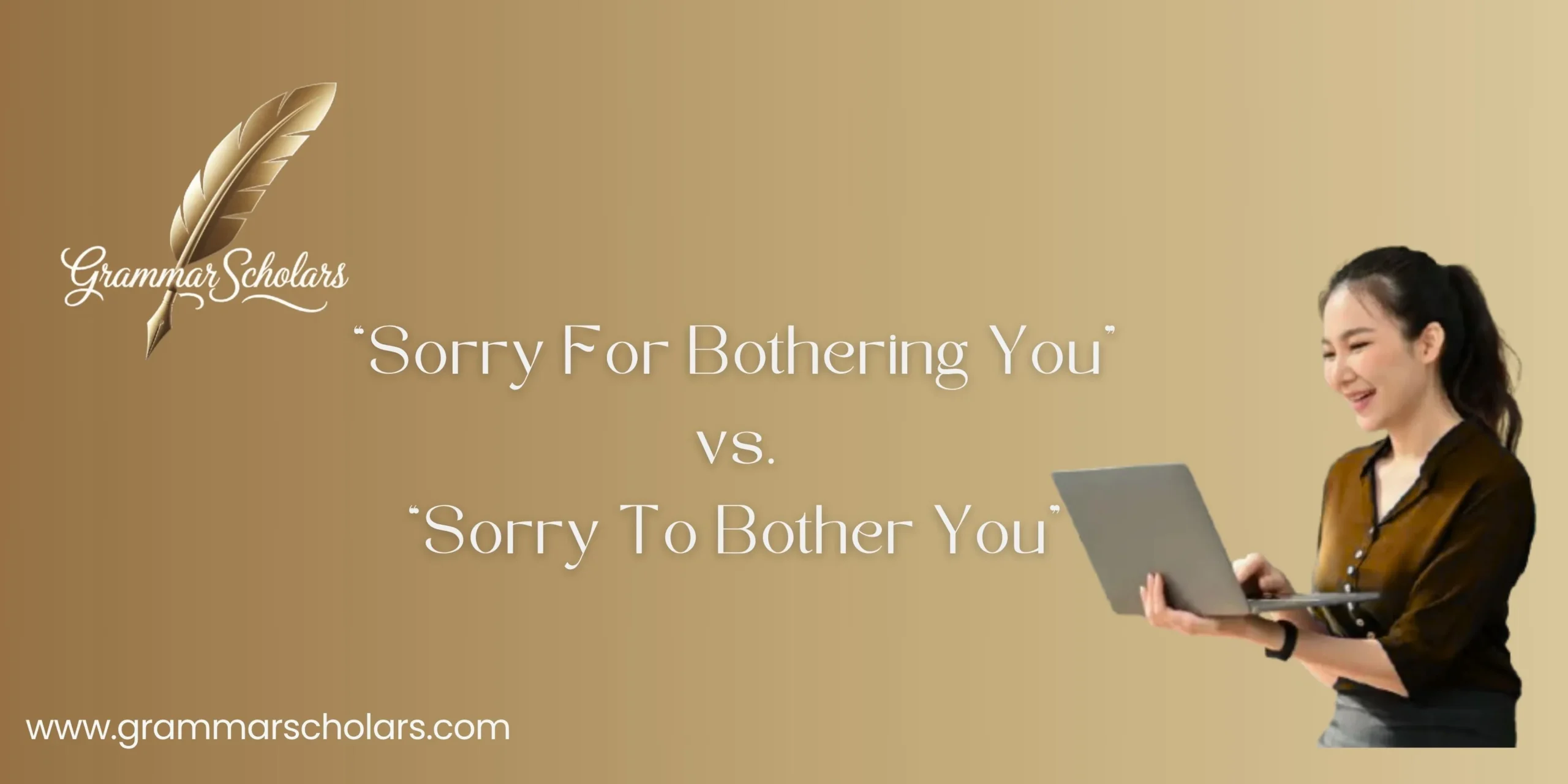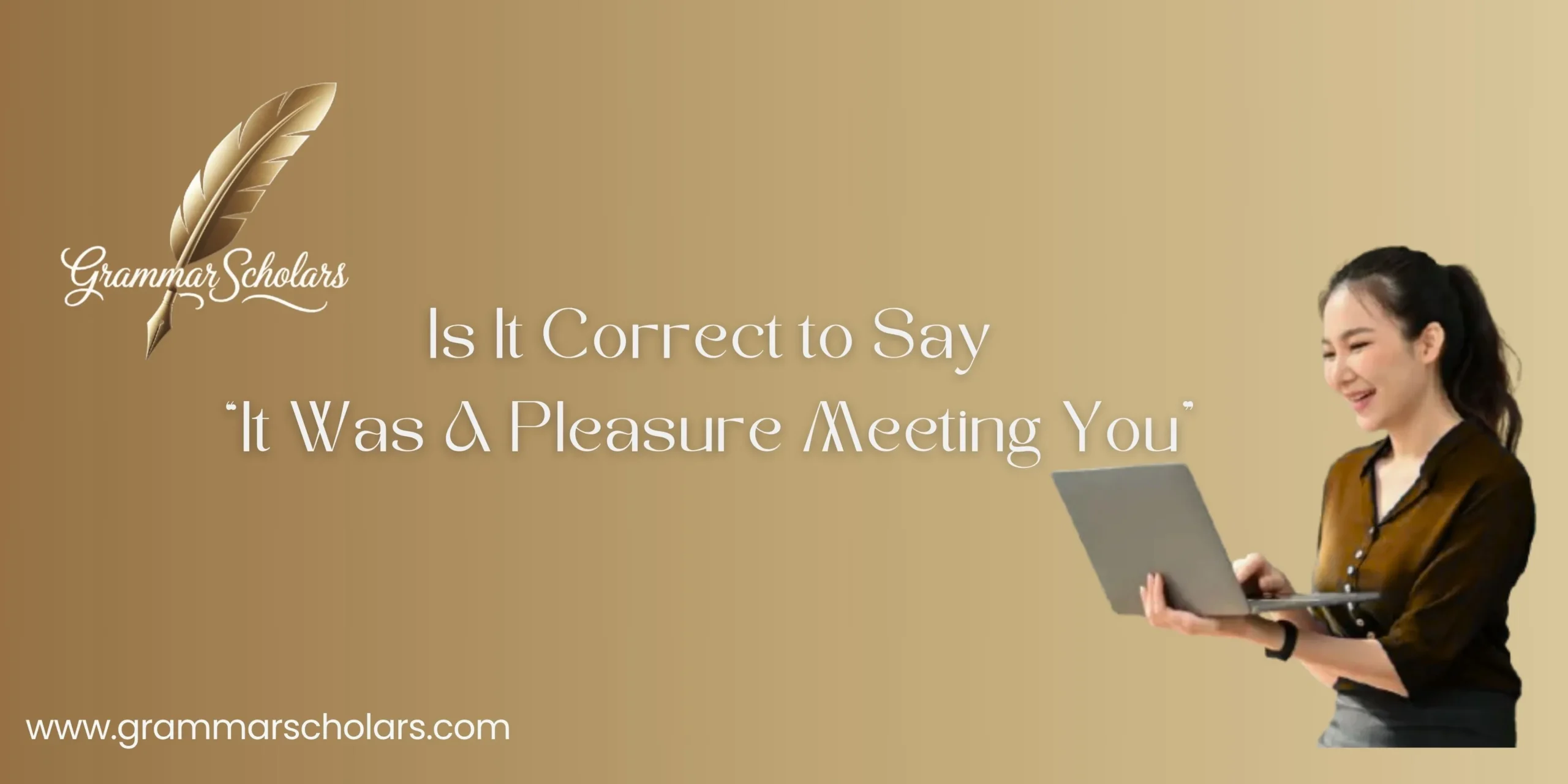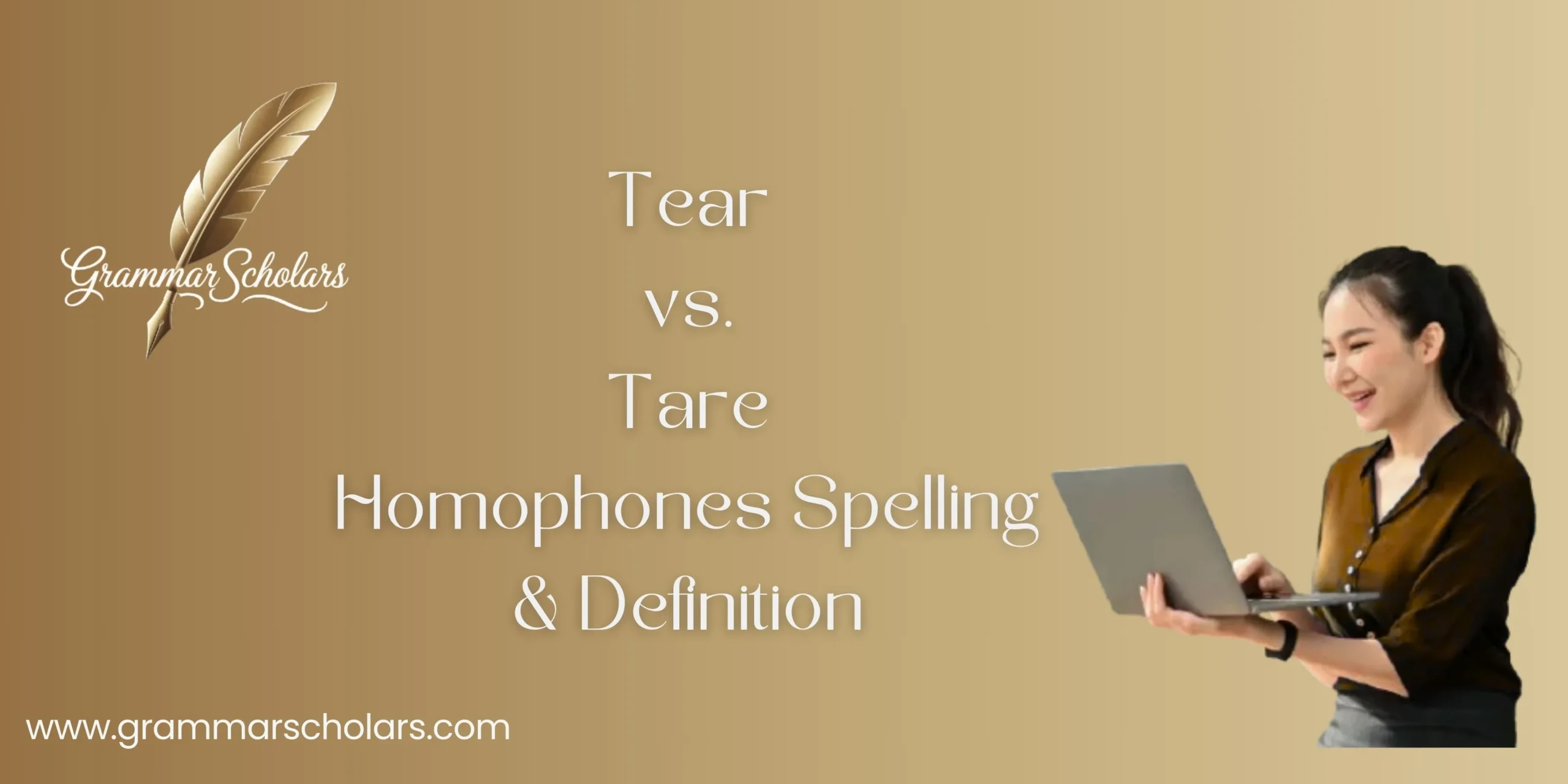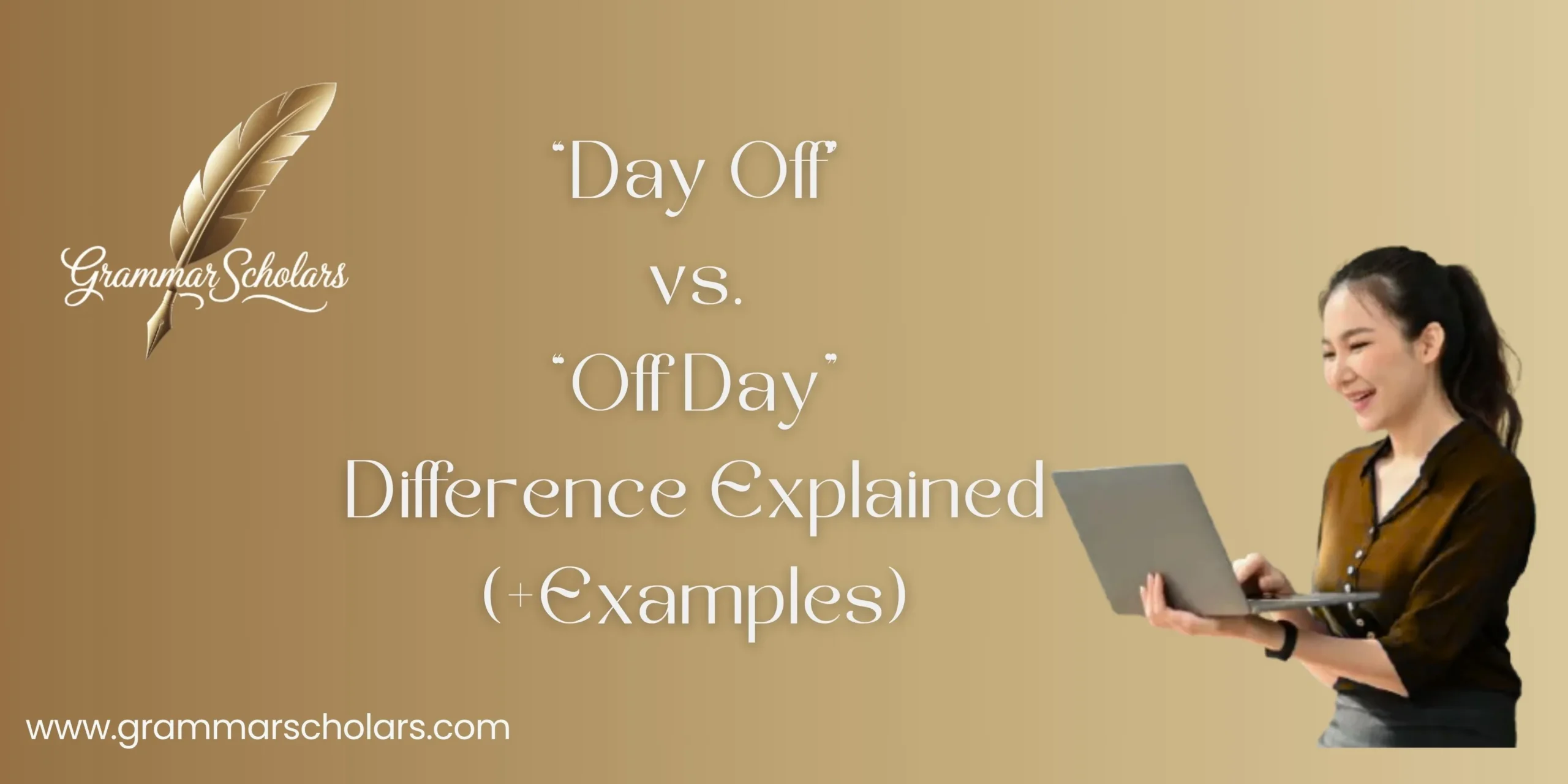‘Mom’ vs ‘Mum’: What’s the Difference?
In the US, most Americans use mom, while Britons stick to mum- a difference that highlights history and culture in ‘Mom’ vs ‘Mum’. These small variations, with their unique pronunciation and spelling, reveal how English evolves differently across regions. They also reflect deep cultural roots, making even the simplest words feel meaningful and distinct. Just … Read more
